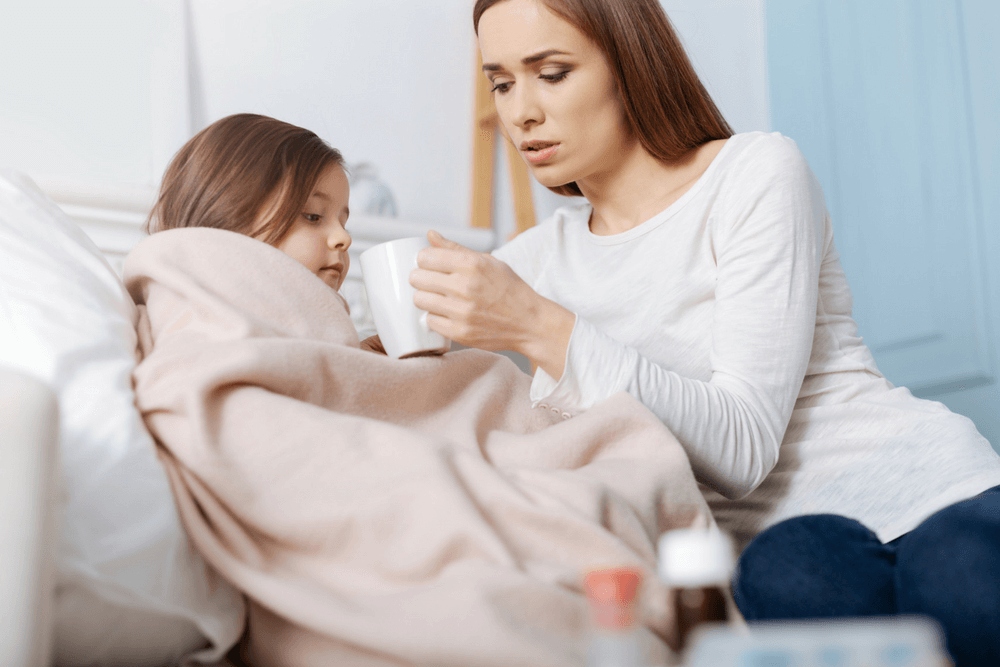
Oftentimes, diarrhea is caused by our body’s natural immune response to an unwanted microorganism in the gut. During an episode of diarrhea, your body sends water to your digestive tract to flush out the unwelcome intruders. This flushing process uses your body’s water and important nutrients, and can cause dehydration if you don’t effectively replace the lost fluids.
Dehydration from diarrhea can cause serious issues like muscle cramps, lightheadedness, fatigue, and in extreme cases, death. That’s why rehydrating during and after your bout of diarrhea is essential. Once you’ve got your diarrhea under control, here are the best ways to properly rehydrate.
Water Isn’t Enough
While drinking plain water is helpful during and after diarrhea, your body loses electrolytes and other important nutrients which can’t be replaced by water only. That’s why water infused with nutrients is the safest way to rehydrate after diarrhea.
What to Drink – Oral Rehydration Solutions
An oral rehydration solution (ORS) is a drinkable solution that helps to rehydrate better than water alone. Any ORS should contain three ingredients:
Clean Water
The water used in an ORS should be clean – from either commercially-sealed water bottles or reputable tap sources. If you don’t have access to clean water, boil water for one to three minutes to purify it.
Electrolytes
Electrolytes commonly included in oral rehydration solutions include sodium, calcium, potassium, and magnesium (among others). These electrolytes help regulate your body’s water balance, acid/base levels, and nerve and muscle function.
Carbohydrates
The carbohydrate in most oral rehydration solutions is sugar, which is easy for your body to absorb and use as energy.
How to Drink – Oral Rehydration Solutions
You can either make a homemade electrolyte drink with coconut water, salt, and calcium-magnesium, or purchase an electrolyte beverage from your local grocery store.
Children ages two to nine should drink ½ to 1 cup of oral rehydration solution for each episode of diarrhea. Kids and adults over the age of ten should drink ORS whenever they feel thirsty, up to 2 liters (8 cups) per day. The elderly population should drink more frequently because they are not as sensitive to thirst and may experience dehydration faster.
What to Avoid
While rehydrating, avoid alcohol and caffeinated beverages, which can lead to greater dehydration and fatigue. Also, avoid high-fat and high-sugar beverages; instead, stick to drinks that are generally easy to digest.
Feeling Better After Diarrhea
While replacing lost fluids and nutrients is crucial for proper rehydration, quickly relieving your diarrhea is the best way to avoid potentially dangerous dehydration.
As soon as you experience diarrhea symptoms, consider taking DiaResQ, a food for special dietary use that supports your body’s natural immune response, providing beneficial nutrients and immune factors that help to relieve diarrhea and restore normal intestinal function. DiaResQ taken with an ORS is a safe way to relieve diarrhea quickly, without the use of drugs. Relieve diarrhea and properly rehydrate your body quickly, so you can get back to your normal routine.

